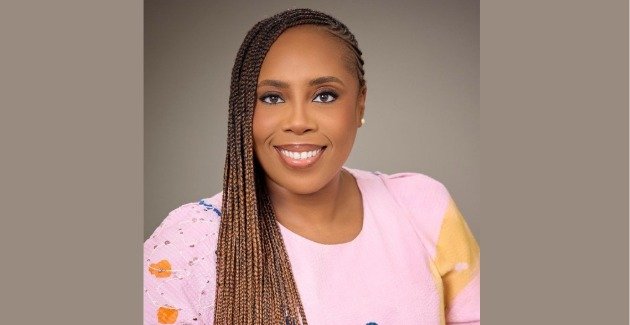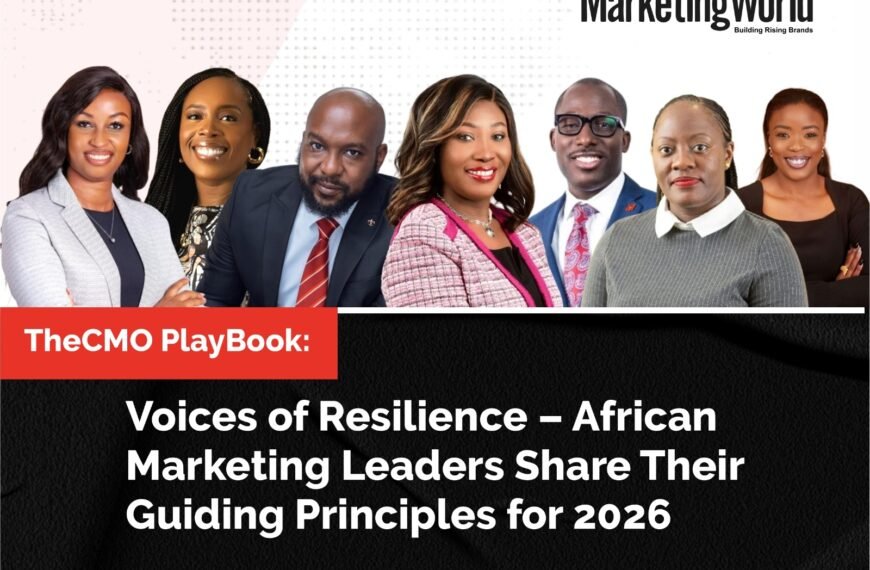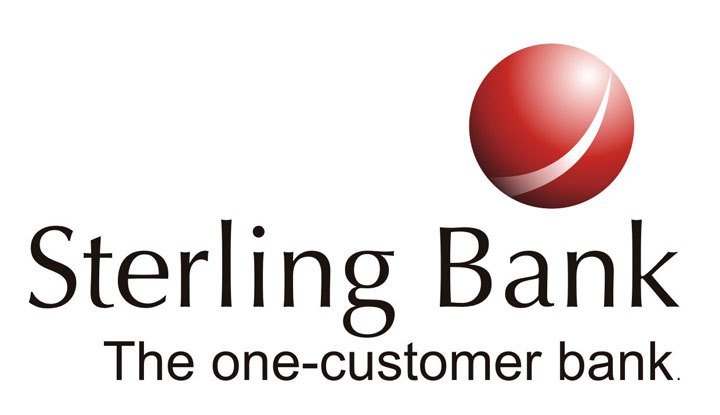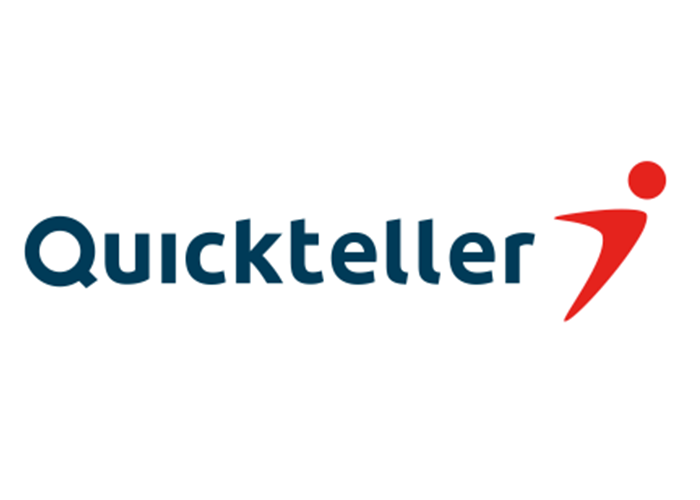Even with the good news about successful vaccine trials around the world, we’re most likely still months away from the end of the Covid-19 pandemic. Consumer behaviour is far from returning to normal and it seems unlikely that people will return to all of their former habits when we leave the world of lockdowns and quarantines completely behind.
Indeed, recent research from McKinsey indicates that South African consumers have been in no rush to resume old behaviours, even as lockdown restrictions eased to Level 1. Its consumer survey data shows that 60% of consumers are not yet resuming normal ‘out of home’ activities.
Spending more time at home translates into spending more time online. Consumer research from Mastercard shows that 76% of South Africans learnt to bank online and 52% learnt to manage their health and get their medicines online under lockdown. Some 52% agreed they have spent more money on virtual experiences than they did before the pandemic.
At a time when people’s movement is restricted, we have thus seen explosive demand for online services. The size of South Africa’s digital ecosystem has grown vastly, with many consumers who were forced to reluctantly move online to shop, find entertainment and work under lockdown discovering that they actually prefer it.
No return to analogue
It seems safe to assume that many, if not most, will continue to use digital tools and channels rather than analogue ones, even when it’s safe to go to big gatherings again or shop without a facemask. This significant migration to digital media and channels creates exciting opportunities for companies to reinvent the ways in which they interact with consumers.
Suddenly, the universe of consumer data that South African brands have at their disposal has expanded. As people shift online, they leave traces of their preferences, interests and behaviours behind in the form of digital signals. Brands can harvest this data to drive a better understanding of the consumer.
However, getting the full value from this data may require a mental shift for some marketers. The data is only truly valuable when it is used to create more personalised customer engagements and experiences. If brands continue to push out generic campaigns rather than messages targeted to personal wants and needs, the data is wasted.
Interestingly, it seems that many marketers, like some consumers, were forced to test digital channels more rigorously under lockdown. Research from Integral Ad Science (IAS) surveying 36 companies in South Africa found that digital media spend fell far less under lockdown than overall media spend.
Digital media spending only contracted 3.7% compared to 18.8% for above-the-line and 26.6% for below-the-line. A third of the companies in the survey indicated that they increased digital spend by up to 50% and 25% kept it stable. This indicates that many brands are following their customers online.
It also supports our view at DataCore Media that brands are reviewing media spending in difficult economic times, looking towards digital channels that give them great accountability and measurability of performance from exposure to a marketing message to the conversion of a customer.
Flexibility and cost savings
The flexibility and low entry costs of digital media are also factors at a time when brands are reluctant to commit large budgets. Digital media plans give marketers the ability to optimise spending to improve results as well as to rapidly adjust campaigns in a volatile market where we can’t be sure we won’t see more lockdowns or virus surges.
Beyond marketing, many brands will need to think about how they can better deliver their offerings in a virtual paradigm. Large retailers that don’t offer frictionless home delivery will lose out to competitors who do; gyms may struggle to get some people back after they’ve become used to online classes; and restaurants will need to evaluate how they compete with dark kitchens.
Over the next few months, digital adoption will become even stronger in South Africa. We’re seeing digital marketing and digital consumer behaviour starting to reinforce each other through a feedback loop. As more people go online, more brands follow them. As brands create more and better digital experiences, more people have more reasons to be online.
Traditional brands that are not taking note of this trend risk falling behind the curve.
















